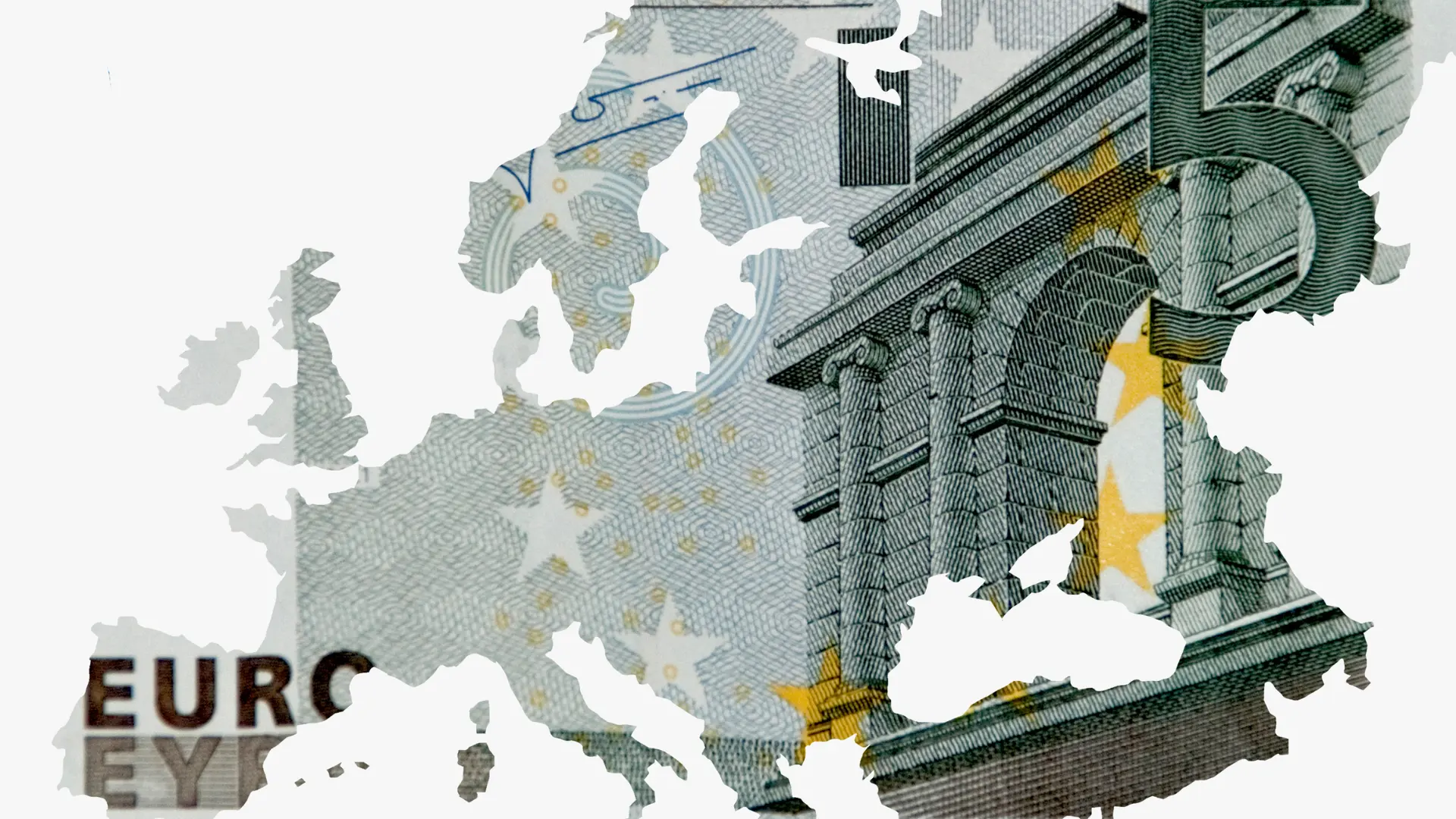
JOHN DOE SEPT 15, 2017
Economic Challenges in Europe
A Comprehensive Overview of Current Issues and Proposed Solutions
Economic Challenges
- Rising Unemployment: The EU's unemployment rate is at 6.5%, with youth unemployment exceeding 15.2%. Countries like Italy and France face youth unemployment rates nearing 20% [1, 2, 3].
- Corporate Bankruptcies: EU business bankruptcy declarations rose by 8.4% in Q2 2023, reaching the highest level since data collection began, with Small and Medium-sized Enterprises (SMEs) particularly impacted [1, 2, 3].
- Inflation and Energy Prices: High inflation at 6.4% in 2023, coupled with elevated energy prices due to the Russia-Ukraine conflict, has strained European companies, especially SMEs [1, 2, 3].
- Investment Gap: Corporate investment in the EU remains below pre-COVID-19 levels, hindering recovery from the pandemic's economic shock [1, 2, 3].
- Competitiveness: Europe’s competitiveness is declining, with a widening gap in innovation, investment, and scale compared to the US, particularly in R&D spending [1, 2, 3].
- Energy Dependency: Reliance on imported energy, especially from Russia, exposes Europe to supply chain vulnerabilities and price volatility [1, 2, 3].
- Demographic Challenges: An aging population and low birth rates are reducing the working-age population, posing long-term challenges to the labor market and economic growth [1, 2, 3].
Proposed Measures by the European Commission
- Completing the Capital Markets Union: Enhancing access to funding and investment opportunities for European companies [2, 4].
- Investing in Innovation: Doubling private and public spending on innovation, particularly in areas like artificial intelligence [2, 4].
- Accelerating Reskilling and Labor Redeployment: Supporting workers in adapting to new technologies and economic changes [2, 4].
- Diversifying Energy Sources: Reducing dependence on imported energy to lower power and gas prices by half [2, 4].
- Redesigning Rules to Compete Effectively: Revising funding, regulation, and administration to attract investment and spur innovation [2, 4].
Conclusion
Europe's economic challenges, including rising unemployment, corporate bankruptcies, and energy dependency, require a coordinated and comprehensive response. The European Commission's proposed measures aim to address these issues by fostering innovation, improving competitiveness, and ensuring economic stability for the future.